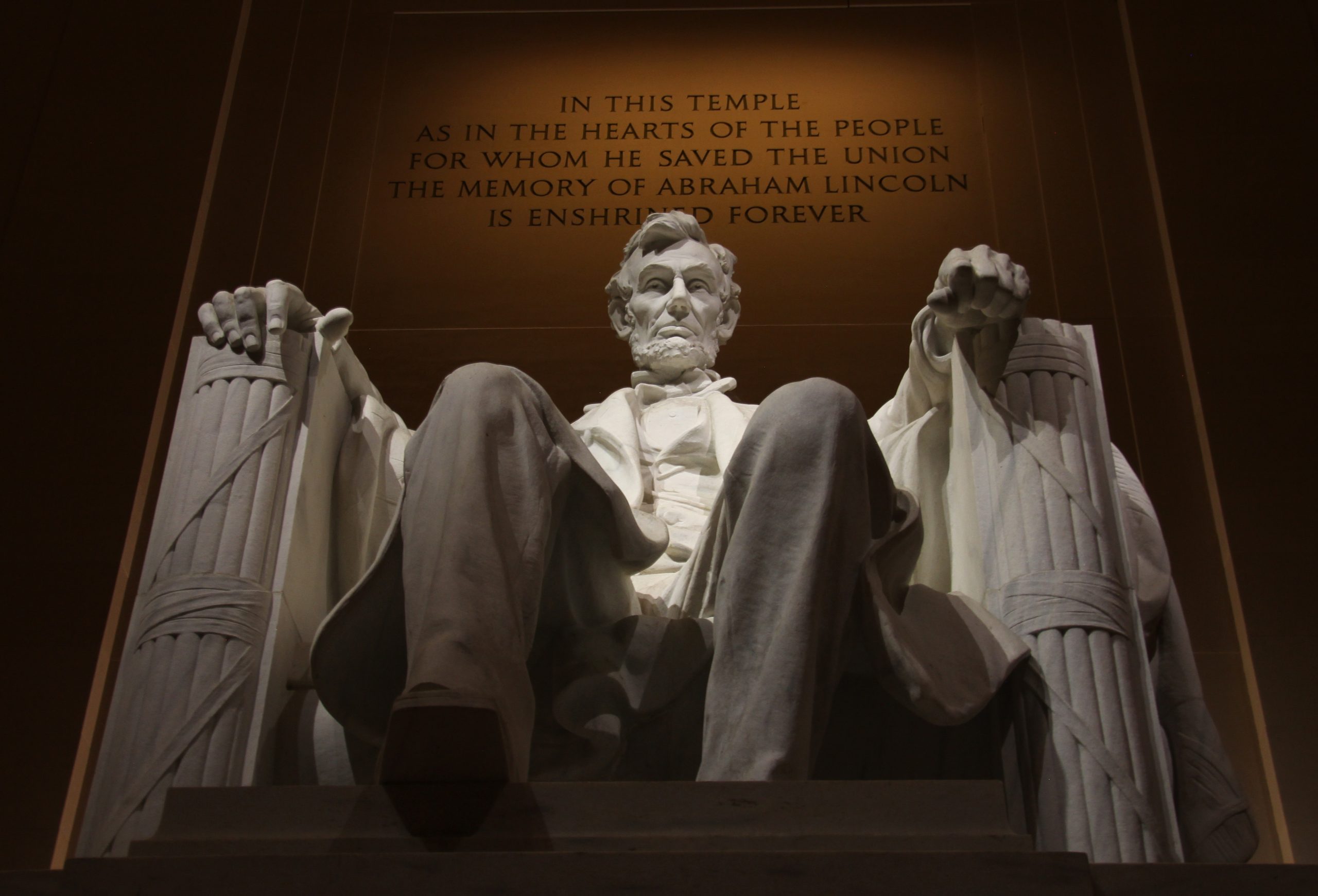Leadership is all about making a difference. The core function of a leader is to change the status quo. The status quo refers to the existing (undesirable or less desirable) state of affairs. A true leader is someone who not only has a vision for the future (desired) state of affairs but also has the ability to inspire and motivate others to turn that vision into reality.
Prophet Moses (a.s) changed the status quo of the Israelites by leading them out of slavery and establishing a new community in the light of Divine Commandments.
Jesus Christ (a.s.) changed the status quo of the Roman Empire by leading his followers to establish a new social order that would have a profound impact on Western civilization.
Prophet Muhammad (s.a) changed the status quo of Arabia by transforming it into a land of peace, equity, and justice from a society that was plagued with tribal conflicts, female infanticide, slavery, idol worship, and corruption.
Ertugrul, a legendary figure in Turkish history, led a lasting change in the status quo of his people by laying the groundwork for the Ottoman Empire and inspiring a new generation of Turkish leaders to follow in his footsteps.
Abraham Lincoln, one of the greatest American Presidents in history, changed the status quo of the country by laying the foundation for the abolition of slavery in the United States.
Martin Luther King Jr., a civil rights leader, led a change in the status quo of racial segregation in the United States. His message of non-violent resistance and his powerful speeches inspired a generation of activists and helped to bring about significant changes in American society.
Mahatma Gandhi and Muhammad Ali Jinnah led a change in the status quo of British colonial rule in India and inspired millions of people to turn the vision of independent states into reality.
The British Prime Minister, Winston Churchill, known for his leadership during World War II, rallied the British people and helped lead the Allied forces to victory. He also played a key role in shaping post-war Europe and some other parts of the world.
Charles de Gaulle, the leader of the Free French forces during World War II, helped to liberate France from Nazi occupation. After the war, he served as the first president of the Fifth Republic and played a leading role in modernizing and transforming French society.
Nelson Mandela, a South African anti-apartheid revolutionary politician, served as the country’s first black president. He led a change in the status quo of institutionalized racial segregation and discrimination in South Africa and helped to unite a divided nation.
Mao Zedong, the founding father of the People’s Republic of China, is considered one of the most influential leaders in Chinese history. Mao’s vision of a communist China aimed at transforming the country from a backward, agrarian society into a modern, industrialized nation.
Deng Xiaoping, a Chinese politician, played a key role in the modernization of China’s economy. Deng led a phenomenal change in the centrally planned economy of China to a more market-oriented system, putting the country on an accelerated process of economic development.
Lee Kuan Yew transformed the city-state of Singapore from a third-world country into a modern, prosperous nation in just a few decades. He emphasized economic growth, education, corruption-free environment, and strict law and order, and his policies helped to attract foreign investment and make Singapore one of the wealthiest countries in Asia.
Park Chung-hee led transformation of South Korea from 1961 to 1979 from a poor, agrarian nation into a modern, industrialized one. Under his leadership, South Korea became one of the “Asian Tigers,” with a strong, dynamic economy.
David Ben-Gurion, the first Prime Minister of Israel, Ben-Gurion played a central role in the establishment of the Jewish state and led Israel through its formative years, overseeing the creation of its institutions and infrastructure, and laying the foundations for its economic, cultural, and military success.
Sheikh Zayed bin Sultan Al Nahyan, the founding father of the United Arab Emirates (UAE), transformed the UAE from a collection of small, impoverished sheikhdoms into a modern, prosperous nation. He invested heavily in infrastructure, education, healthcare, and social welfare programs, and helped to build a diversified, knowledge-based economy.
Sheikh Mohammed bin Rashid Al Maktoum, the ruler of Dubai, has led the transformation of Dubai into a global hub for business, tourism, and innovation, and has promoted social and cultural initiatives aimed at enhancing the quality of life for Dubai’s residents.
Emir of Qatar, Sheikh Tamim bin Hamad Al Thani, has transformed the country by diversification of the economy, investment in infrastructure, education and healthcare, embracing the emerging technologies and effective geopolitical engagements.
Jack Welch, the former CEO of General Electric (GE), is widely regarded as one of the most successful and influential business leaders of the 20th century. Welch transformed GE from a struggling conglomerate into a global powerhouse during his tenure from 1981 to 2001.
Steve Jobs, the co-founder of Apple, was a visionary leader who revolutionized the tech industry. He challenged the status quo by introducing innovative products that changed the way we interact with technology. His ability to see the potential in new technologies and create products that were both functional and aesthetically pleasing helped to establish Apple as a leader in the tech industry.
Elon Musk is a modern-day visionary who has changed the status quo of several industries. He co-founded PayPal, revolutionized the electric car industry with Tesla, and is pushing the boundaries of space exploration with SpaceX. Musk’s vision and determination have inspired a new generation of entrepreneurs and innovators.
Jack Ma, the founder of Alibaba Group, is one of the most influential and successful business leaders in the world. He has transformed the e-commerce industry in China and has created a global brand that is recognized around the world.
A true leader is the one who leads a lasting change in the status quo. If the change is good for the people and the planet, then he or she is a truly good leader. The hardest thing to change in this world is people’s mindsets or paradigms. Thus, those who successfully lead a lasting change in peoples’ mindsets or paradigms are truly amongst the greatest leaders in the world.


